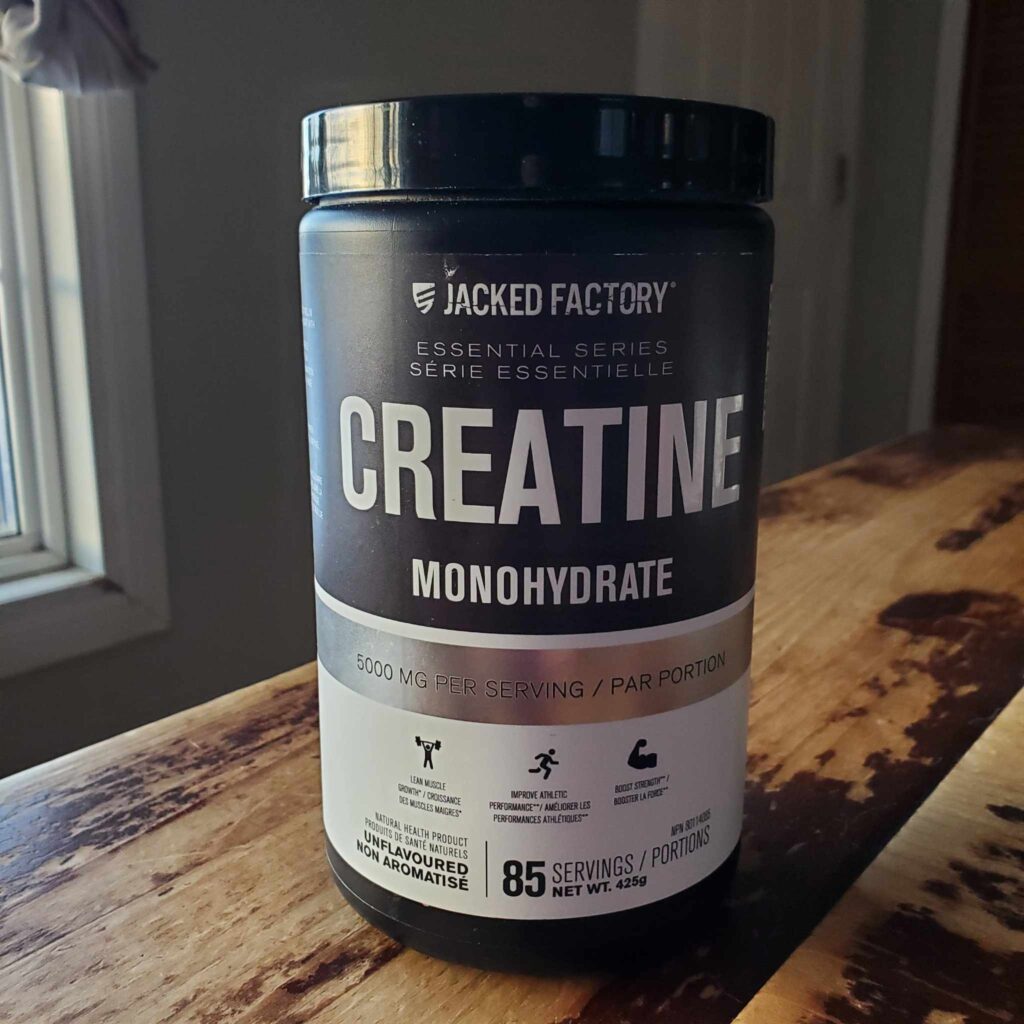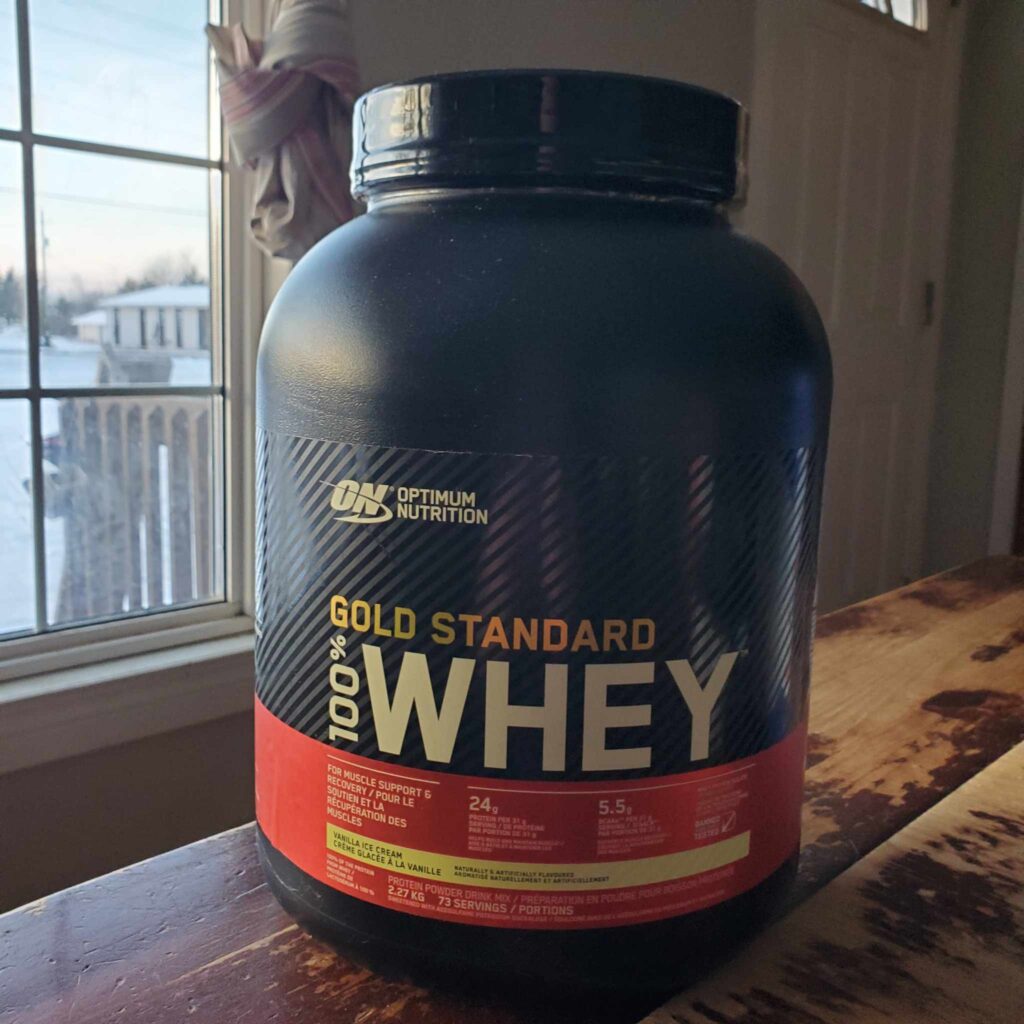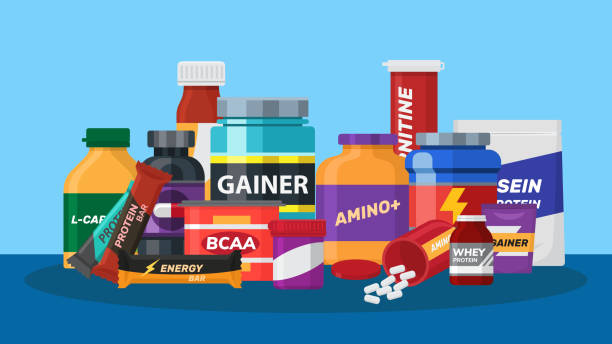(We are an Amazon Affiliate)
Powering Performance with the Top 3 Supplements Olympic Athletes Swear By
In the world of high-stakes sports, Olympic athletes constantly seek that extra edge to enhance their performance. For many, the answer lies in supplements. These nutritional add-ons can make the difference between an average and a gold-medal-winning performance. This blog post explores the top three supplements that Olympic athletes rely on and how they can benefit your own fitness regimen.

The Role of Supplements in Enhancing Athletic Performance
Supplements are like secret weapons in an athlete’s arsenal. They are designed to fill nutritional gaps and provide the body with essential nutrients that might be hard to obtain through diet alone. For Olympic athletes, where every millisecond counts, supplements can boost energy, improve recovery, and enhance overall performance.
Athletes train rigorously and need their bodies to recover quickly and efficiently. This is where supplements come into play. Since the body undergoes a lot of stress during training, the right supplements can help replenish what’s lost and build what’s needed. However, while supplements can significantly enhance performance, they should always be used with caution and under professional guidance. Dr. Alex, a sports nutritionist, puts it succinctly: “Supplements can be a game-changer for athletes, but they should be approached with caution and under professional guidance to optimize benefits and minimize risks.”
The Top 3 Supplements Used by Olympic Athletes
Creatine: Exploring Its Benefits for Strength and Power Sports
Creatine is a favorite among athletes involved in strength and power sports. It’s known for its ability to increase muscle mass and improve performance in high-intensity, short-duration activities. This is why many Olympic sprinters, weightlifters, and jumpers turn to creatine to give them that explosive edge.
The effectiveness of creatine is well-documented. Professor Jane, an exercise physiology expert, highlights its impact, stating, “Creatine is one of the most researched and effective supplements for increasing muscle mass and strength in athletes, particularly those involved in high-intensity, short-duration sports.” This endorsement is backed by numerous studies showing that creatine supplementation can lead to significant gains in muscle strength and size.
Take, for example, Sprinter A from the 2016 Olympics, who increased his creatine intake under professional guidance. He reported improved 100m times and better endurance during training, illustrating just how powerful this supplement can be when used correctly.
Top Creatine right here:https://amzn.to/3X6CcOZ

Protein: Highlighting Its Importance in Muscle Recovery and Growth
Protein is essential for muscle repair and growth, especially for athletes who push their muscles to the limits. It plays a crucial role in recovery, helping to rebuild muscle fibers that are broken down during intense workouts. Nutritionist Sarah, MSc, RD, underscores this, saying, “Protein is essential for muscle repair and growth, and for athletes, the timing and quality of protein intake can significantly impact recovery and performance.”
Olympic athletes often supplement their diet with high-quality protein sources such as whey or plant-based protein powders. This ensures they get enough amino acids to support muscle synthesis. Gymnast B, a gold medalist, incorporated a high-quality whey protein supplement post-training and noticed faster muscle recovery and reduced muscle soreness, allowing for more intense and effective training sessions.
Great source of whey protein here:https://amzn.to/3Yz8tPx

Omega-3 Fatty Acids: Discussing Their Anti-Inflammatory Effects for Endurance Athletes
Omega-3 fatty acids are a staple in many athletes’ diets due to their anti-inflammatory properties. These essential fats help reduce inflammation, promote cardiovascular health, and support overall well-being. These make them especially valuable for endurance athletes who put their bodies through prolonged stress. Coach Mike, an Olympic medalist, emphasizes, “Omega-3 fatty acids are vital for athletes, not just for their anti-inflammatory effects, but also for cardiovascular health and overall well-being.”
Marathon runner C incorporated omega-3 supplements into his regimen and reported less joint pain and stiffness during long runs. He attributed his faster recovery between races to the anti-inflammatory benefits of omega-3s, which helped him maintain a rigorous training schedule without succumbing to injury.
Get your Omega 3’s right here:https://amzn.to/4dvxK1e
Real-Life Examples: Insights from Olympic Athletes on Their Supplement Use
Olympic athletes’ testimonials provide invaluable insights into how supplements can be used effectively. They emphasize the importance of tailoring supplement strategies to individual needs and goals. The experiences of Sprinter A, Gymnast B, and Marathon runner C demonstrate how each athlete used specific supplements to address unique challenges and enhance their performance.
These athletes’ stories illustrate that while supplements can be highly beneficial, their effectiveness depends on proper usage and alignment with personal health and fitness objectives. By learning from these examples, you can better understand how to incorporate supplements into your own fitness routine.

Safety and Quality: Tips for Selecting and Using Supplements Safely
When it comes to supplements, safety and quality are paramount. With a plethora of options on the market, it’s crucial to choose products that are third-party tested and free from harmful additives. Always consult with a healthcare professional or a sports nutritionist.
Be mindful of the dosages and timing, as overconsumption or improper use can lead to adverse effects. It’s also important to remember that supplements should complement a balanced diet, not replace it. By following these guidelines, you can safely and effectively incorporate supplements into your fitness strategy. Remember the Tope 3 Supplements.
Conclusion
Supplements offer tremendous potential for enhancing athletic performance. From creatine’s power-boosting effects to protein’s muscle-repairing properties and omega-3’s anti-inflammatory benefits. Each supplement plays a unique role in supporting athletes’ health and fitness goals. However, it’s essential to approach supplements with care, ensuring they are used safely and effectively as part of a well-rounded fitness and nutrition plan.
Before making any changes to your supplement routine, consider consulting with a professional to tailor a plan that meets your specific needs. Remember, supplements work best when combined with a balanced diet and consistent training. Share your thoughts and experiences with supplements in the comments below, and engage with fellow fitness enthusiasts.
Through informed choices and expert guidance, you can harness the power of supplements to elevate your performance and reach new heights in your athletic journey.
Visit the Jacked Factory Store here:https://amzn.to/3yvU641

